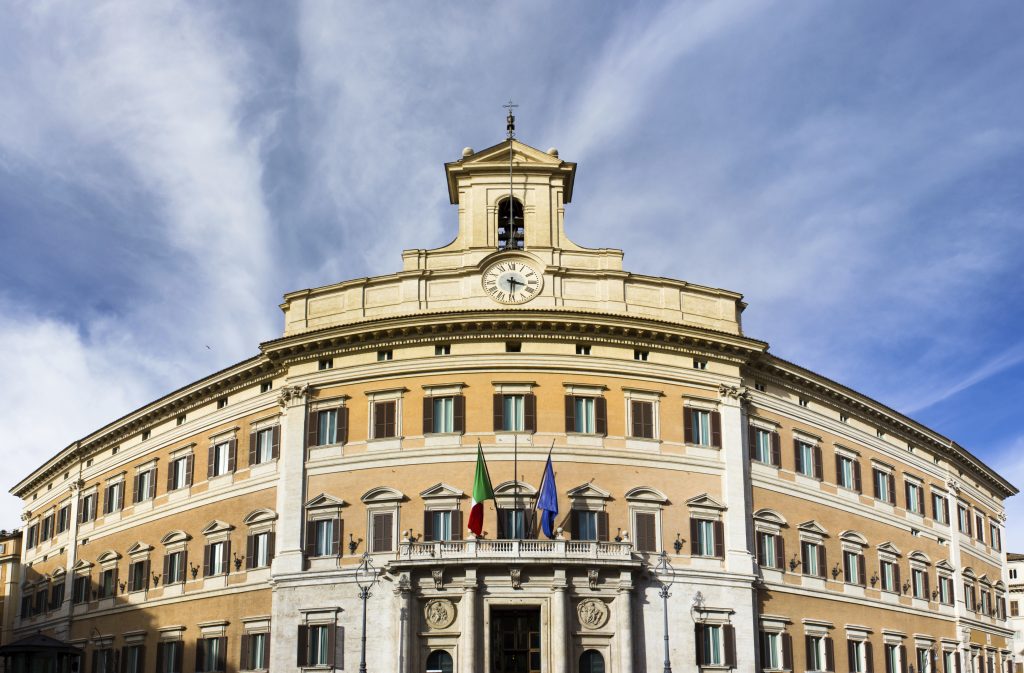Italy takes a first step to address the growing problem of advertising on pirate websites
We have seen a number of positive developments in Italy that are aimed at addressing online piracy with the most recent one of course being the introduction of a regulation on IP protection by the Italian Communications Authority (AGCOM) in early April. Yesterday, the advertising industry and the content protection organizations for music and audiovisual (FAPAV and FPM) took a first encouraging step and signed an MOU to cut off advertisement revenues for pirate sites.
It is a commonly known fact that some of the sites that infringe copyright at a massive scale make a lot of money through advertising. This cannot be allowed to go on. Ad networks, like all of us in the Internet ecosystem, must play a constructive role and take actions that will help to bring about a more responsible Internet. In Italy, the ‘grey market’ figure that was quoted in the reports comes to US$ 227 million.
I believe there are several aspects to copyright protection. Rogue sites must of course be dealt with in a balanced and proportionate way. Civil procedures sanctioned by EU legislation where these are efficient are one approach. Another way would be regulatory mechanisms through enforcement authorities and administrative bodies (such as the effective criminal procedures by the Guardia di Finanza and the online copyright protection program recently enacted by AGCOM).
A very important aspect is to encourage and work with other players in the Internet ecosystem to take meaningful steps to curb online copyright infringement, these include ad networks, payment processors, ISPs and yes, also search engines.
Then of course as an industry, we have the responsibility to offer consumer-friendly, innovative legal alternatives. And we are working on developing these continuously and more distribution services are being created every day. What we need now is to help consumers find them. Last December, the mappa dei contenuti was launched in Italy (www.mappadeicontenuti.it) which brings together the legal offerings for music, books and films. And then clearly we must focus on educating particularly the younger generation about what it takes to make a movie and the impact piracy has not just on companies and stars but also the hundreds of people it takes to make a movie.
I look forward to seeing what concrete next steps result from the signing of the MOU. What is important to consider though is that Italy is starting to look at online piracy and indeed the Internet in a more holistic way. And that in my mind, is a great development.


